The Wasteland Plan Movement
Rose Boardman
Plastic pollution is one of the greatest threats to our oceans. With poor waste management, recycling and a rise in plastic production, it has been estimated that 8 million tons of plastic enter the ocean every year. One of the reasons that plastic pollution is such a huge problem is that it does NOT go away. Plastics ARE here forever.
Photo: Niki Cesta @nikicesta
Luckily more people are becoming aware of this and are dedicating their time to help save our oceans. We interviewed Niki Cesta, who initiated The Wasteland Plan Movement (TWP).
This movement was established to:
Support the ban of single-use plastics
Spread plastic pollution awareness within local coastal communities
Creatively recycle waste into sustainable art, and (eventually) high fashion clothing
Photo: Niki Cesta @nikicesta
Hey Niki! Tell us a bit about yourself
I am a conservation biologist and have worked with various marine science NGO’s across the Mediterranean, Pacific and am currently located in the Caribbean. I understand the underwater world most effectively when I can study it artistically; that is using different artistic mediums to absorb scientific information and disseminate it to a wider audience. After discovering this about myself, I began to unravel the The Wasteland Plan. When I carry out coastal or in-water plastic site clean ups, I like to imagine the route different plastics may have washed up from and later attempt to creatively repurpose some of these plastics into sustainable art. I’ve recognized that creating something resourceful from an otherwise wasted and washed up plastic product helps to generate a more positive message to a wider audience; that is, plastics should be viewed as a resource rather than a just a product in a wasteland.
Tell us about The Wasteland Plan movement, and why its work is important for our oceans
TWP movement started as a solo conservation effort with the mandate to clean any given coastline for one to two hours a day, once per week. It is a very humbling effort that can become discouraging at times given the amount of plastics I bear witness to. In moments of defeat I remind myself that these small consistent actions might create a much greater ripple effect one day.
Photo: Niki Cesta @kwucreative
As of today, being 6 months into the plan, I have cleaned 27 sites across the Greater Toronto Area and across Little Cayman Island. In both locations I have received an immense amount of positive support that has shifted this solo effort into different local community efforts. This community involvement has allowed TWP to reconnect YOU to OUR OCEANS. And it has allowed you (the volunteer, the local, or the online follower) to gain a better understanding of how plastics threaten our oceans.
Photo: Niki Cesta @nikicesta
TWP beach cleanings and artistic content are meant to tackle the global plastic problem at the source – one of us at a time! As we humans are the source of plastic pollution. TWP aims to help to shift one person in one local community at any one time into becoming greener and self-banning single-use plastics.
Photo: Niki Cesta @nikicesta
What drove you to set up thewastelandplan and how did you work to achieve this?
Working in the Galapagos Islands in 2018 drove me to set up TWP. You would think, working in the hub of biodiversity and evolution that single-use plastics would barely exist. Well nothing could be further from the truth. They existed, they were over consumed, and I was quite shocked at first. During that time, I was working as an outdoor educator and it was important to me to incorporate plastic beach clean-ups into the schedule. I remember the exact bend in the road in Santa Cruz, Galapagos where I decided I would commit to beach cleanings one to two hours once per week when I returned home (with no job in place).
Can you explain your mission statements?
Clean polluted coasts and to repurpose collected plastics creatively (eventually into high fashion clothing).
Tackle the global plastic crisis creatively and begin to help humans view plastics as a resource rather than waste.
Photo: Niki Cesta @nikicesta
Do you have any current projects for thewastelandplan movement?
Campaigns in the works include:
Wastelanders: A collaboration with past students, colleagues and friends who support my movement and would like to act as ‘wastelanders’, or ambassadors of the movement by facilitating cleanups in their own community
We wear our waste: An artistic media campaign in collaboration with a local clothing brand that depicts our own personal plastic footprint through innovation and creation of clothing
The first of the ‘we wear our waste’ campaign was in collaboration with a sustainable swimsuit shop in Wasaga Beach Ontario, Hot Mess Swimwear (https://hotmessswimwear.com). You can also take a look at our first collaboration on Instagram, the Plastikini; a campaign swimsuit created from plastics that I collected on a local clean up!
Photo: Niki Cesta @hot_mess_swimwear
We would like to say a big thank you to Niki for participating in this interview and helping to save our oceans.







